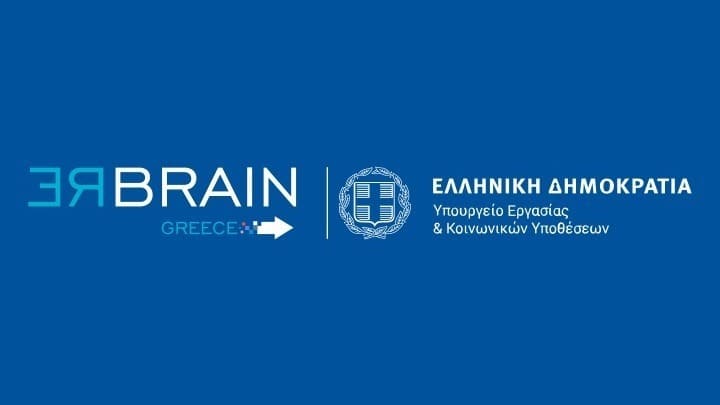Thirteen international institutions, including 11 British, one French, and one Cypriot, have applied to open branch campuses in Greece under a new law greenlighting transnational education (TNE). Aimed at curbing youth emigration and attracting global talent, the reform—praised by Education Minister Sophia Zacharaki as “historic”—has sparked both optimism and protests. With universities like York and East London set to launch in 2025, Greece hopes to become a southeastern European knowledge hub, though critics fear it may undermine state institutions.
Jobs
The National Intelligence Service (EYP) has launched its first major hiring initiative in five years, seeking 310 new staff members by 2025, including cybersecurity specialists and field operatives, to support its modernization goals and the establishment of a new Intelligence and Counterintelligence Academy
The third “Rebrain Greece” event in London attracted over 1,300 Greeks and 26 leading companies. Attendees explored competitive incentives—including tax cuts and salary boosts—and promising career opportunities, highlighting the transformation of Greece’s economic and labor landscape.
Freelancers in Greece have until January 31 to select their 2025 insurance category for basic and additional coverage, impacting their future pensions. With contributions tied to inflation, professionals must carefully choose their category to ensure adequate retirement benefits.
Greece has bucked the European trend of rising wages, with hourly labor costs decreasing by 2.9% in the third quarter of 2024. This contrasts sharply with the EU average of a 5.1% increase.
Greece faces a critical labor shortage, urgently needing over 300,000 foreign workers to support its economy. Bureaucratic hurdles hinder recruitment efforts, while the streamlined EU Blue Card program aims to attract highly skilled professionals.
CQS has been named the top employer in Greece for 2024, according to Poudouleveis.gr. The list, based on employee reviews, highlights companies excelling in career advancement, compensation, and workplace culture, with CQS leading the rankings.
Greece faces a significant backlog of over 270,000 pending residence permit applications, impacting labor market dynamics amid acute shortages. Concentrated predominantly in the Attica Directorate, this delay exacerbates economic challenges, including substantial losses in agriculture. Efforts to expedite processing and calls for streamlined entry requirements are underway to address the critical need for foreign workers.
Greece is on track to increase its minimum wage by 46% by 2027, reaching €950, as part of the government’s economic roadmap. Labor Minister Niki Kerameus has outlined strategies for wage growth and emphasized planned pension increases, reflecting efforts to improve citizens’ disposable income following years of economic challenges.
The EU Blue Card is a work and residence permit designed to attract highly skilled professionals from outside the EU. In recent years, several European countries have updated their Blue Card rules, making it easier than ever to live and work in the EU
The Hellenic Initiative (THI), a global non-profit, is bringing job training and hope to northern Greece with a new Odyssea Youth Center in Thessaloniki. This center expands Odyssea’s successful model of equipping young people, especially those facing disadvantages, with the skills needed for careers in in-demand fields like tourism and construction.










